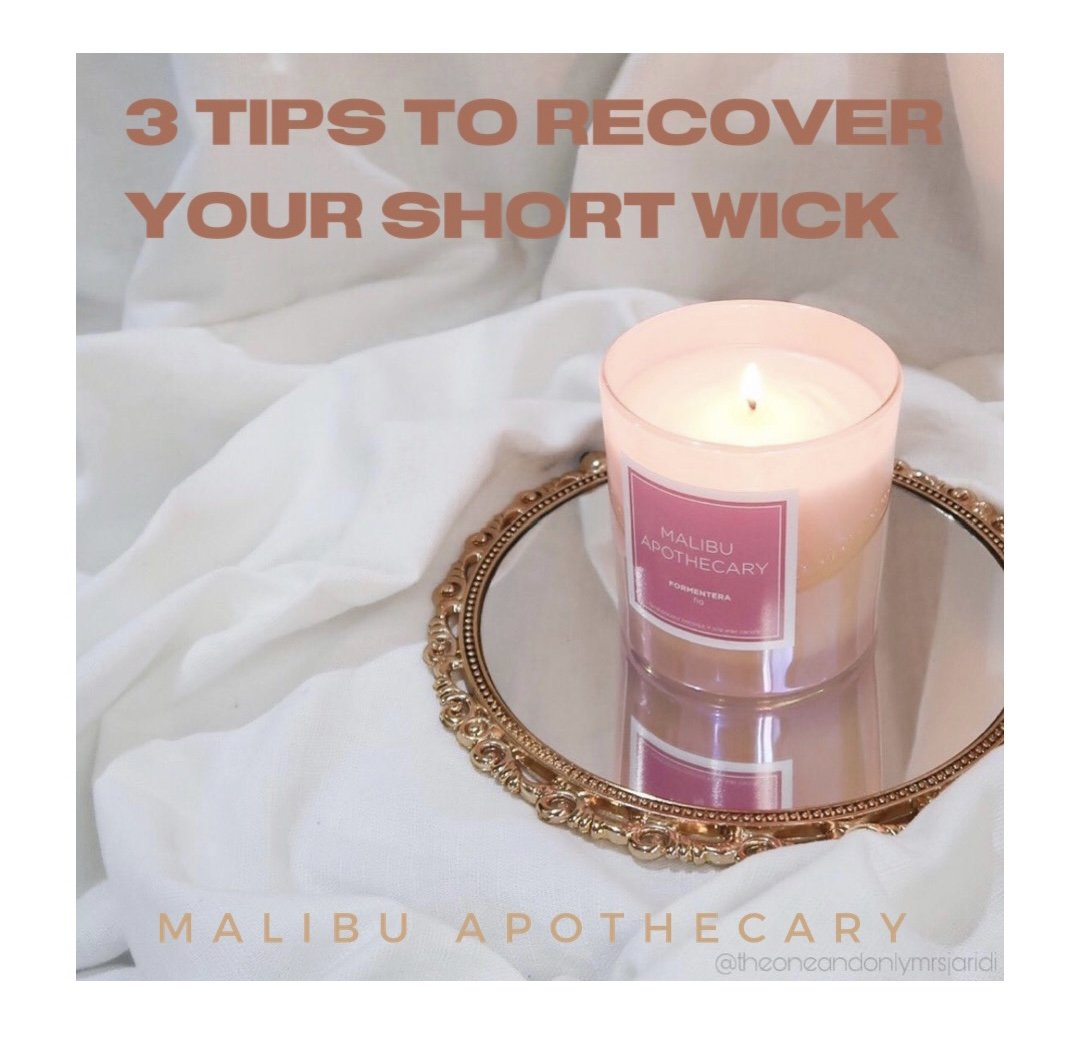Why is scent the strongest trigger of memory?
Smell is one of the quickest ways to change our mood and emotions with the ability to bring back age old memories. If you caught our article on why do candles transport us, then you know that the power of scent is strong; it is actually the strongest trigger of memory! But what does that really mean?

The reason fragrance can impact us to such a significant degree is because when we inhale a scent, it goes straight to the brain’s smell center, known as the olfactory bulb. Here, it is processed and the information about the smell is passed to the directly connected limbic system. The limbic system is a set of structures in the brain, including the amygdala and hippocampus, that play a role in controlling our mood, memory, behavior and emotion. The limbic system is even known as a “primitive” part of the brain because the same structures were present in the first mammals.[1] This explains why a smell can immediately trigger a detailed memory or intense emotion and is such an integral part of our survival throughout evolution.

Scent is the closest linked sense with memory
Smell can even spontaneously bring back long-forgotten events and experiences, showing how powerful our senses can be. Imagine a vacation you took to Hawaii and you were surrounded by notes of jasmine and gardenia flowers. Then you pick up our Wailea gardenia scented candle and you are distinctly taken back to that place and time. Suddenly you feel like you are back on the sand, pina colada in hand with gardenia flowers that surround; a wash of calm and happiness flood over you as you have taken yourself back to a nostalgic vacation with just a flame.

Smell and emotion
Similar to memory, smells can evoke particular emotions, often that correlate to specific experiences.[2] Scent naturally lends itself to storytelling and that is why perfumes or candles often aim to capture memories through fragrance. Our coastal-inspired candles embody the essence of the coast with each fragrance taking you on a nostalgic beach vacation.
Scents have the power to make us feel different emotions, such as desire or relaxation. Not only can scents trigger our emotions, there are also benefits to scent and aromatherapy! Check out our blog on how scents affect our mood and 5 benefits you may not already know that scent has like reducing stress!
Did you know that, smell is also important for attraction between two people, as body odor has been shown to subconsciously help us choose our partners.[3] But why do we like the scents that we like?
Why Do We Love or Hate Certain Smells?
Have you ever tried a best-selling perfume and thought to yourself this smells awful? You leave wondering why and how anyone would ever like that. But much like our taste, scent is very preferential. Your friend may like seafood and sandalwood while you like Chinese food and citrus scents.
Based on a research study conducted at Brown University, our responses to certain odors are based on past experiences with the scent.[4] "Most people assume we all like the smell of roses and hate the smell of skunk... with the exception of irritating odors, smell is something we come to know from personal and cultural experiences." notes lead researcher Rachel Herz, PhD, a visiting assistant professor of psychology at Brown. However "The factors that influence our sense of smell are actually a combination of cultural, genetic, and environmental factors, as explained by Alan R Hirsch, the founder and neurological director of the Smell and Taste Treatment & Research Foundation.[5]
If the research rings true, this tells us why we may love the smell of freshly cut grass, but our friend who had to wake up at 6am to mow his parents’ lawn is very averse to it. We know that his past experiences are the factor to why this olfactory-recall elicited a negative reaction for him to this scent. Fragrance and scent can influence us in such a precious way, leaving lasting impressions that can be recalled years later. Though our distinction and preferences of scent are very personal, most of us can agree that we love being taken back to a beach vacation. Try our vacation-inspired candles for some aromatic rest and relaxation!
Sources:
[1] https://www.fifthsense.org.uk/psychology-and-smell/
[2] https://www.discovery.com/science/Why-Smells-Trigger-Such-Vivid-Memories
[3] https://www.psychologytoday.com/us/articles/200801/scents-and-sensibility
[4] https://www.webmd.com/brain/news/20050107/why-we-love-hate-certain-smells#1
Herz, R. International Journal of Comparative Psychology, December 2004. News release, Brown University. Rachel Herz, PhD, visiting assistant professor of psychology, Brown University, Providence, R.I. Alan R. Hirsch, MD, neurological director, Smell and Taste Treatment and Research Foundation, Chicago.
[5] https://www.liebertpub.com/doi/pdf/10.1089/act.2005.11.135
https://www.ncbi.nlm.nih.gov/pmc/articles/PMC3314678/
Read more

If your candle wick is too short, and you want to know how to fix it, don't give up hope. You can try one of these 3 methods depending on how far gone it is (literally) to help recover your long l...

A scent as mysterious as it is coveted, the smell of oud is described differently by each lucky enough to try. Sensual, smoky, sweet, and slightly sour for some, this mysterious scent is one of the...

1 comment
This is very well written! I completely agree that scent holds an important part in our lives
Harry
Leave a comment
All comments are moderated before being published.
This site is protected by hCaptcha and the hCaptcha Privacy Policy and Terms of Service apply.